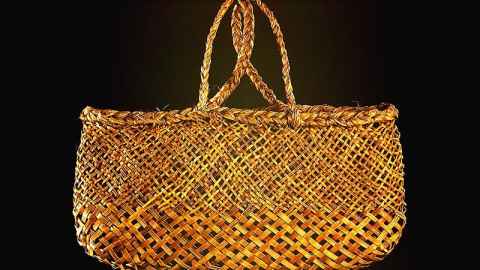About KERU
What knowledge should be taught in educational institutions has become a key research programme internationally among realist sociologists of education. The purpose of the Knowledge in Education Research Unit (KERU) is to ensure New Zealand’s involvement in this programme.

Ko te manu kai i te miro, nōna te ngahere. Ko te manu kai i te mātauranga, nōna te ao.
With education comes knowledge, but knowledge itself knows no bounds.
Established in 2010, the Knowledge in Education Research Unit is based in the School of Critical Studies, Faculty of Education and Social Work at the University of Auckland and includes researchers from across the faculty.
It is an internationally recognised research centre for the study of knowledge in education from the Durkeimian and Bernsteinian theoretical tradition and using realist approaches. The focus is on types of knowledge in the curriculum and the connection between curriculum design and progressive pedagogies. In addition to promoting research-based educational interventions, KERU provides a vehicle for postgraduate students and contributes to research at the University of Auckland.
Purpose
Our purpose is to provide this research to policymakers and teachers in order to strengthen academic knowledge in the curriculum so that students from all socio-economic and ethnic backgrounds have access to the type of knowledge that leads to success at school. KERU is committed to improving educational results for Māori and Pacific students and children from low socio-economic communities.
Members of KERU are interested in:
- Change to The New Zealand Curriculum
- Education, knowledge and democracy
- Curriculum knowledge and curriculum design
- Progressive pedagogies
- Language and education: bilingual and total immersion schooling
- Māori and Pacific education
- Innovative learning environments and 21st century education
- New Zealand Education
- The relationship between assessment and knowledge
Current Research Projects
- The Knowledge-Rich School Project and the Curriculum design Coherence Model (KERU members)
- International Teacher Development Project using the Curriculum Design Coherence Model (KERU members with Dr Richard Pountney, Sheffield Hallam University, and Diane Swift, Keele and North Staffordshire Teacher Education (KNSTE)
- Knowledge in the Primary School Curriculum (Dr Alexis Siteine)
- International Music Education Delphi Project (Graham McPhail with Dr Jeff McNeill, Massey University)
- Knowledge in History education, Art History and Classical Studies (Dr Barbara Ormond)
- Secondary school music education (Dr Graham McPhail)
- Theorising the knowledge, learning, and teaching connection (Dr Graham McPhail and Professor Elizabeth Rata)
- 21st Education Policy – origins and development (Dr Megan Lourie)
- TransAcquisition pedagogy (Dr Tauwehe Tamati)
- Knowledge and Science (Elizabeth Rata with Emeritus Professors Michael Corballis and Robert Nola )
- Knowledge socialism (Professor John Morgan)
Postal address
Knowledge in Education Research Unit
Faculty of Education and Social Work
The University of Auckland
Private Bag 92601
Symonds Street
Auckland 1150
New Zealand